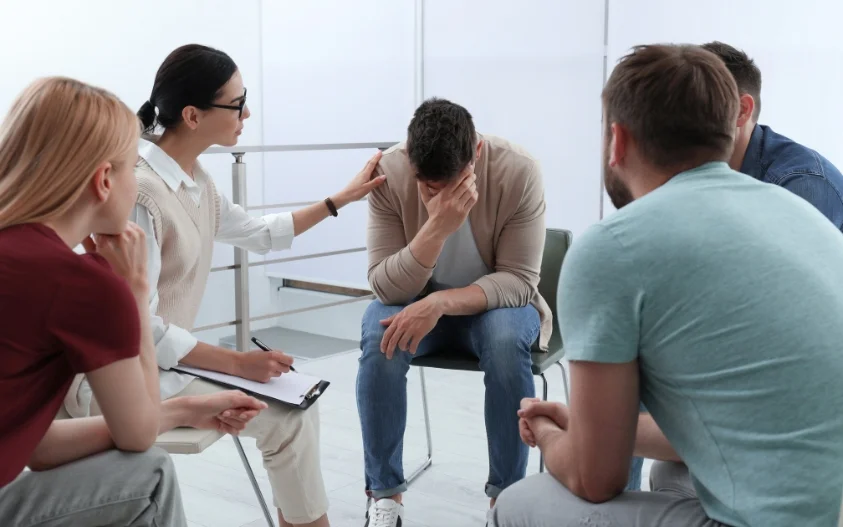24/7 Helpline:
(866) 899-221924/7 Helpline:
(866) 899-2219
Learn more about Residential Rehab centers in Johnson County

Other Insurance Options

Sutter

PHCS Network

Oxford

Cigna

Holman Group

UMR

CareFirst

Access to Recovery (ATR) Voucher

Meritain

Medical Mutual of Ohio

Premera

Magellan Health

Carleon

Magellan

Evernorth

Amerigroup

Group Health Incorporated

Providence

ComPsych

Ambetter







































